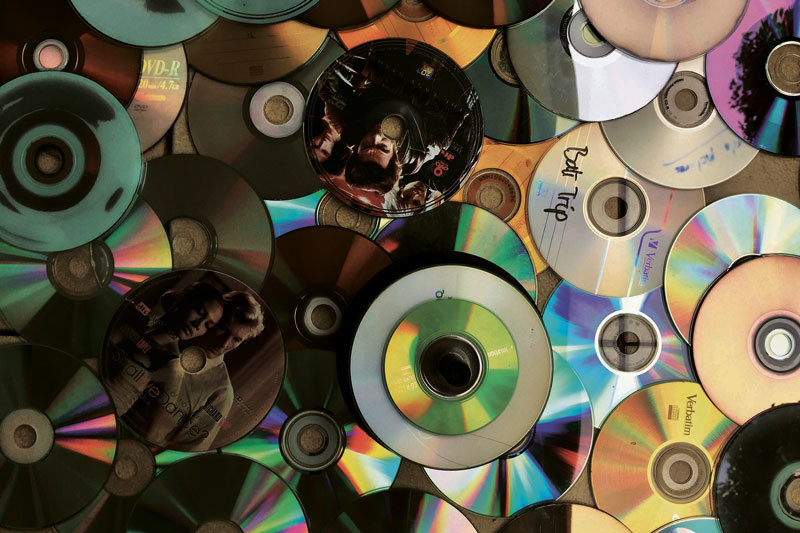Modern times create modern problems that need modern solutions. One of the most modern problems of modern times is what to do with all the electronic trash (e-waste) produced every day in Jakarta and around the world.

If you have ever been concerned about or questioned where your dead batteries or old cellphones go when you toss them in the trash, the Jakarta government now has an answer.
Until recently the answer would most likely have been a landfill where the hazardous materials found in almost all modern electronics would eventually seep into the water table or into the air we breathe. Today, that is changing for Jakarta residents after the implementation of the city’s collection programme that offers free pick up of 5 kilos or more of electronic waste (e-waste) by registering on their website: https://lingkunganhidup.jakarta.go.id
The agency expects to collect up to ten tonnes of e-waste this year to include everything from air conditioners to rice cookers, hair dryers, fans, light bulbs, washing machines, batteries and cellphones.
Managed by the Jakarta Environment Agency (Dinas Lingkungan Hidup), the programme also provides e-waste drop boxes at its sub-district and district offices and at its information booths on Sunday Car Free Days on Jalan Thamrin and Sudirman in Central Jakarta.
Drop boxes are also available at many Transjakarta bus shelters, according to the agency’s hazardous and toxic waste management division.

To process the e-waste, the agency is working with e-waste treatment companies PT. Prasadha Pamunah Limbah Industri, for electronic gadgets, and PT. Mukti Mandiri Lestari for other e-waste types.
By the way, Indonesia is not one of the highest per capita producers of e-waste in the world. Far from it. Surprisingly, Norway tops the list, as this chart compiled with data from the United Nations University shows:
While Indonesia may not top the e-waste list, there is much that can be done to reduce what needs to be collected and disposed of in an environmentally sound way.
Let’s all start by having a look around our own homes. See that box of old CDs/DVDs that you haven’t used in years? How about all those useless handphones you have just sitting in your desk drawer? Once you are aware of it, you’ll find there are many e-things cluttering your house that can be picked up free of charge.
Let your friends and neighbors know about Jakarta’s e-waste programme as well. Have a block party and see who can bring in the most e-waste for a pick-up. The more people who sign up for the programme the better everyone concerned will feel in the long run.







